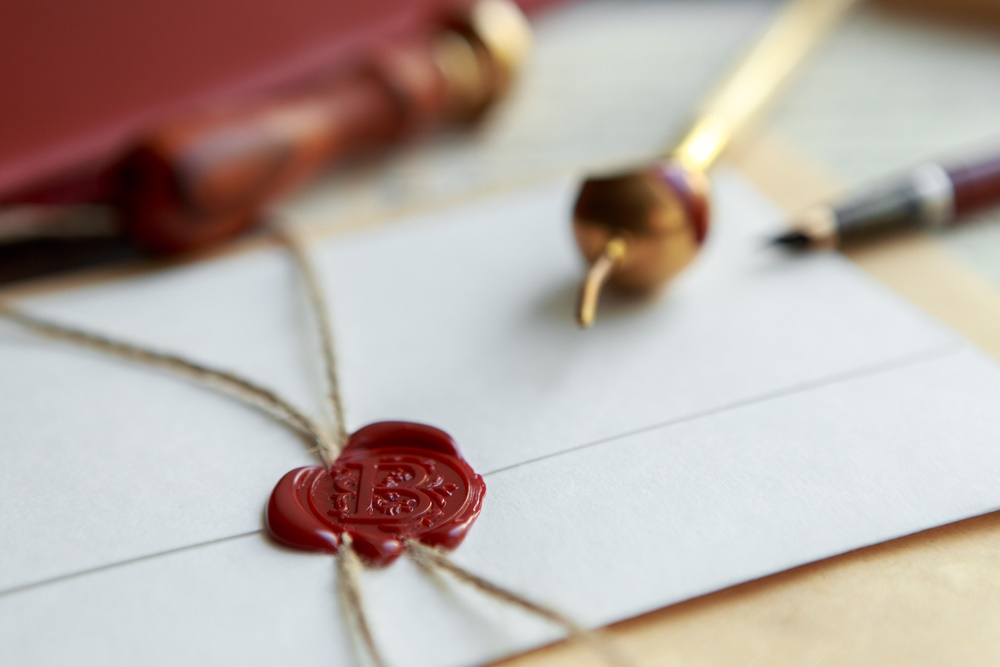Lockdown and invalid Wills
One of the most common issues clients ask us to look at, when someone has died, is whether a Will affecting them is actually valid.
Far and away the most common challenge is that the person who made the Will (the testator) lacked the mental capacity to do so. Wills, however, can also be challenged on other grounds: duress and - something which may become increasingly relevant during this Covid-19 crisis - the ground that the Will has not been made properly.
We are living in extraordinary times and there may be many cases where Wills are being made without solicitors and without knowledge of the legal requirements.
It may seem strange in the 21st Century but the basic formalities governing the execution of Wills are still covered by the Wills Act 1837. S.9 of that Act requires a Will to be signed by the testator in the presence of two witnesses, who should then sign the Will. The failure to carry this out will render the Will invalid.
In such a case an earlier valid Will will then fall into place, or if there is no earlier valid Will, the intestacy rules will govern how their estate is distributed. This is likely to be a very different result from what was intended.
This is also the case if it can be shown that the testator did not actually know and approve the contents of the Will that was signed.
Such formalities are usually safeguarded by solicitors overseeing the execution of Wills, although even there, there may be mistakes.
The risk of invalid Wills being made will be heightened during current lockdown restrictions, where social distancing means people may, with the best of intentions, sign as witnesses without actually having witnessed the Will being signed by the testator. Before the lockdown I had only ever had one case where a Will had literally been brought to witnesses to sign with the testator's signature already on it; invalid.
The Law Society is currently seeking urgent guidance from the Ministry of Justice as to whether the 1837 rules will be relaxed, but at the moment they stand. Witnesses will need to witness the testator signing the Will, from a "social" distance.
Finally, another important heightened risk with lockdown, is that more homemade Wills may be witnessed by members of the same household. It remains the law though that you cannot benefit from a gift under a Will, if you have witnessed that Will. The gift will fail.
For help and advice about contesting a Will, please contact Wards Solicitors' Contentious Trusts and Probate team.
Or if you need help and advice about making or reviewing your Will, please contact Wards Solicitors' Wills, Probate and Mental Capacity team.
Wards Solicitors is one of the few South West law firms to have a dedicated team of specialists in resolving disputes concerning Wills, estates and family trusts.
Our lawyers are members of the Association of Contentious Trusts & Probate Specialists (ACTAPS), the Society of Trust and Estate Practitioners (STEP), Solicitors for the Elderly (SFE) and the Law Society's Probate Panel. All demand expertise and up-to-date knowledge from their members.
The team is praised by the independent Legal 500 Guide for 2020 for its excellent track record in dealing with high-value disputes over Wills, Trusts and Probate. It is also commended for its handling of cross-jurisdictional issues and assessing the merits of validity of Will claims and complex trust disputes.


